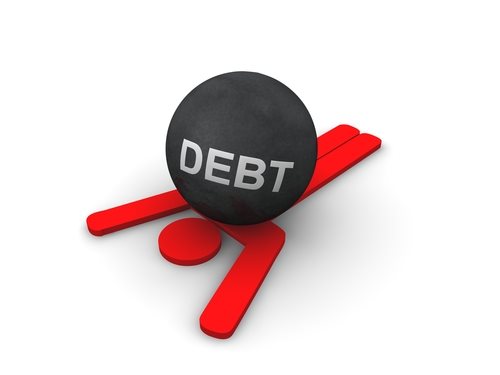Debt Consolidation Loans Explained
What are Debt Consolidation Loans?
Debt Consolidation Loans are loans furnished by financial institutions – both private and Federal – to individuals in possession of a multitude of outstanding and unpaid debt in order to allow those individuals to undergo debt consolidation; debt consolidation is the process of amassing the entirety of one’s debts into a single debt.
Upon undergoing debt consolidation, an individual will be given the opportunity to forego individual itemization of various debts; as a result, the consolidated debt will undertake a single interest rate and required payment in lieu of multiple interest rates and required payments associated with each individual debt respectively:

Although there exist a variety of methodology implemented in order to consolidate debts, obtaining Debt Consolidation Loans allows an individual to begin the process of structuring their respective debt as a single entity; the loans allowed by financial institutions will be included in the process of debt consolidation
The receipt of Debt Consolidation Loans will allow an individual the opportunity to take advantage of a single, uniform interest rate; this may be beneficial with regard to certain debts, which carry with them interest rates considered to be significantly large
Government Debt Consolidation Loans
Within the realm of debt management and financial assessment concerning the terms and conditions of Debt Consolidation Loans provided by the United States Government, the following legal and financial instruments are amongst the most commonly associated with the scheduled repayment required:
Graduated repayment debt consolidation loans furnished by government debt consolidation programs provides for a variable repayment amount with regard to life of a defaulted loan
Income contingent debt consolidation loans furnished by a government debt consolidation programs provides for a variable repayment amount with regard to life of a defaulted loan
Extended repayment debt consolidation loans furnished by government debt consolidation programs allows for an extension of the repayment period concerning the life of the loan itself the time of the loan, which typically results in the lessening of the required, scheduled repayment amount
Standard repayment debt consolidation loans furnished by government debt consolidation programs provides for a standardized payment required for furnishing on a monthly basis
Debt Consolidation Loans Legality and Further Assistance
The standards and practices comprising statutory legislation and legal requirements associated with Debt Consolidation Loans may range with regard to jurisdictional locale, applicable stipulations, and supplemental legality concerning the administration process of outstanding debt:
Financial Law and Debt Consolidation
Due to the fact that the nature of debt may not only range in the assessment of valuation, but also the innate origin of loans associated with the individual debtor, you are encouraged to consult with an attorney or legal professional specializing in the field of financial law; financial law addresses administrative policies and individual rights associated with all matters and affairs concerning the management of financial instruments including loans, monies, assets, investments, and Debt Consolidation Loans.
Varying Jurisdictional Legislature
You are encouraged to familiarize yourself with any and all legislation and statutes associated with the jurisdiction within which you reside; although Federal legislation concerning Debt Consolidation Loans may be uniform on a national basis, individual States of the Union will vary with regard to applicable debt legality.